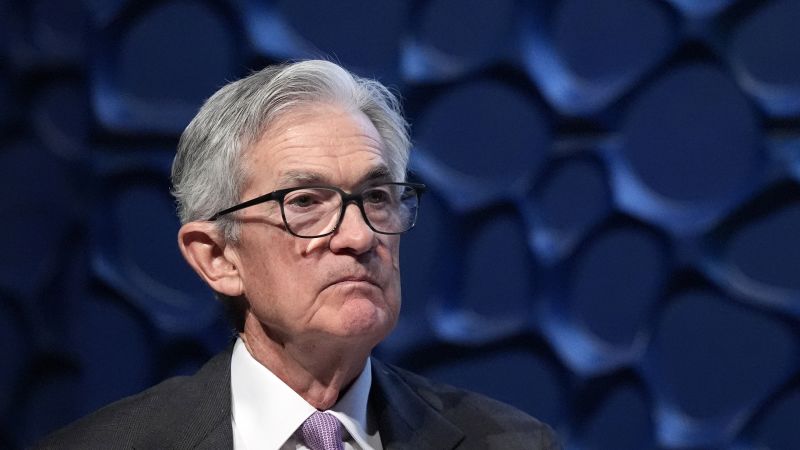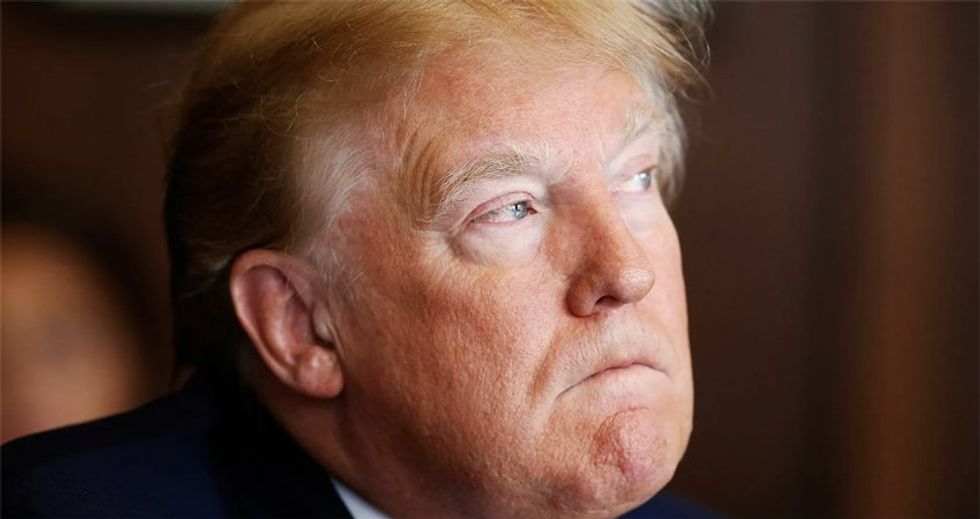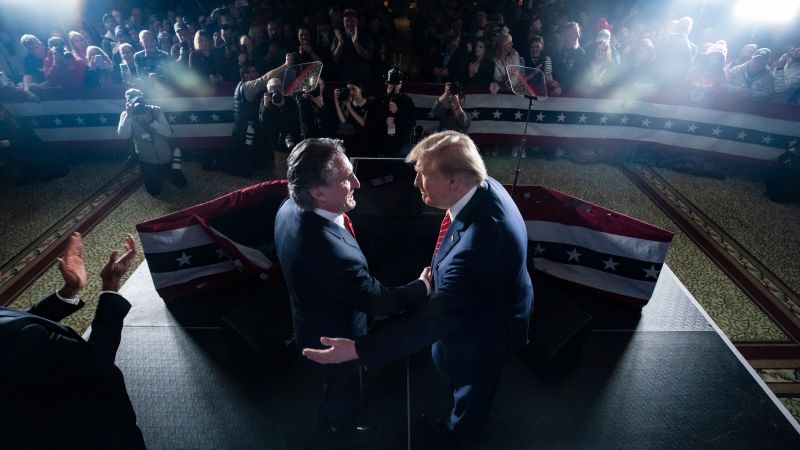
Federal Reserve Chair Jerome Powell said Wednesday that the US economy’s strength means the central bank can show some restraint with cutting interest rates. “The US economy is in very good shape, and there’s no reason for that not to continue,” Powell said at an event hosted by The New York Times. “The good news is that we can afford to be a little more cautious” about decisions on rate moves, the Fed leader said.
Powell’s comments come as the Fed is expected to cut interest rates later this month for the third time this year. The central bank began to lower borrowing costs in September after inflation slowed and the job market started to cool off. Yet, despite the Fed’s moves, borrowing money hasn’t become much cheaper .

That’s because interest rates for the vast majority of loans, including mortgages and credit cards, track the yield on the 10-year US Treasury note. That yield jumped last month to the highest level since the summer and is down only slightly this week. Despite the Fed’s work bringing down inflation over the past two years, expectations that President-elect Donald Trump’s proposed economic policies could stoke inflation have thrown bond yields into an upswing.
Trump has pledged to impose massive tariffs on America’s three biggest trading partners, which economists widely expect to jack up prices for consumer electronics, produce and some forms of alcohol . If enacted, those duties are likely to translate into faster inflation, which would prompt a response from the Fed, either by halting rate cuts or possibly raising rates again. Powell said there are still too many unknowns for the Fed to be seriously thinking about any fallout from stiff tariffs, such as which specific goods will be tariffed and the duration of any new trade policies.
Joseph Brusuelas, chief economist at RSM US, said on X that he doesn’t expect another rate cut after December until March 2025 at the earliest. Contending with Trump’s tariffs Trump promised last week to slap a 25% tariff on imports from Mexico and Canada and an additional 10% duty on Chinese goods on the first day of his second term. That move could cause consumer prices to jump by 0.
75% next year, according to an estimate by economists at the Yale Budget Lab provided to CNN. The latest tariff proposal would equal a loss of about $1,200 in purchasing power per household, in 2023 dollars, according to the estimate. Prices would rise slightly less, by 0.
65% next year, if Americans purchase domestically produced goods instead, or goods from countries with lower tariffs. That also suggests that “consumers won’t be able to find substitutes for nearly everything being tariffed,” according to the analysis. Still, some Fed officials say they don’t want to get ahead of themselves.
“The incoming administration and Congress have not enacted any policies yet, so it is too early to make judgements,” Fed Governor Adriana Kugler said Tuesday at an event in Detroit. “Studying the specifics, when they come out, will be important, as trade policy may affect productivity and prices.” Atlanta Fed President Raphael Bostic told CNN that he is advising his team of economists and forecasters to “wait as long as possible” before developing any economic models gauging the possible effects of different tariffs scenarios on the US economy.
“When I first got here, our team was running models and doing all this stuff, and then three days later, there’d be another (proposal), and then two days later, there’d be another one,” Bostic said Monday on a call with reporters. “Given that we have constrained resources, I want to make sure that we’re devoting most of our energy on things that have a highest likelihood of coming out.” Another rate cut in December? For now, the Fed seems to be on track for a third rate cut this year.
Wall Street is pricing in a 76% chance that the central bank cuts rates by a quarter point at its December 17-18 meeting, according to the futures market. After slowing throughout the summer, inflation readings have come in slightly hotter recently , but economists and Fed policymakers still believe a downward trend remains in place. Powell has said in the past that inflation’s journey toward the Fed’s 2% goal will likely be a bumpy one.
“At present I lean toward supporting a cut to the policy rate at our December meeting,” Fed Governor Christopher Waller said Monday at an event sponsored by the American Institute for Economic Research. “But that decision will depend on whether data that we will receive before then surprises to the upside and alters my forecast for the path of inflation.” When Trump assumes office next month, the Fed will have more than just a slew of new trade policies to contend with.
It will also likely face the possible encroachment of a sitting US president in its policy decisions. A Wall Street Journal report earlier this year revealed that Trump’s economic advisers drafted a plan to undermine the Fed’s independence by giving the president a greater say in the central bank’s decisions on interest rates. But the Fed’s ability to operate independently from political pressure is highly regarded by investors and economists, since it allows the central bank to make data-driven decisions without having to consider the sitting president’s poll numbers.
It’s also a deeply held tradition within the Fed. “The independence of the Fed is essential to the sanctity of the US dollar,” billionaire investor Ken Griffin, who serves as Citadel’s CEO, said Wednesday at the New York Times’ DealBook Summit. Powell said he expects to have a good relationship with the incoming Trump administration, including with Scott Bessent, whom Trump nominated to serve as his Treasury secretary.
Bessent previously floated the idea of Trump naming Powell’s successor well in advance of his retirement in mid-2026 as a way to undermine Powell’s influence. CNN’s Elisabeth Buchwald and Clare Duffy contributed reporting..














